
Gap Selling
Getting the Customer to Yes: How Problem-Centric Selling Increases Sales by Changing Everything You Know About Relationships, Overcoming Objections, Closing and Price
Pages: 262
Recommendation
Selling B2B products or services is difficult. Customers have a million reasons not to buy. Salespeople may devote months to closing a deal, only to lose out at the last minute over a minor issue or a few dollars in price. Thus, salespeople can’t afford self-inflicted mistakes that block their success. Sales coach Keenan – who goes by only one name – offers his logical “gap selling” strategy to help salespeople overcome errors and improve results. Despite the occasional use of vulgar language, Keenan explains his inventive tactics in impressive detail.
Summary
About the Author
Sales coach Keenan, who goes by only one name, is CEO and president of A Sales Guy Inc. He also wrote Not Taught: What It Takes to be Successful in the 21st Century.









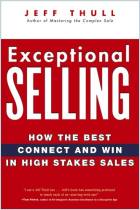
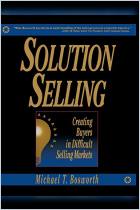
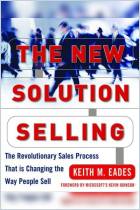
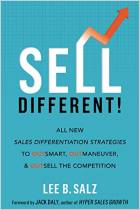
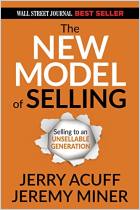
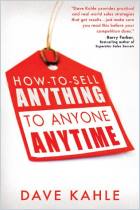


Comment on this summary or 开始讨论